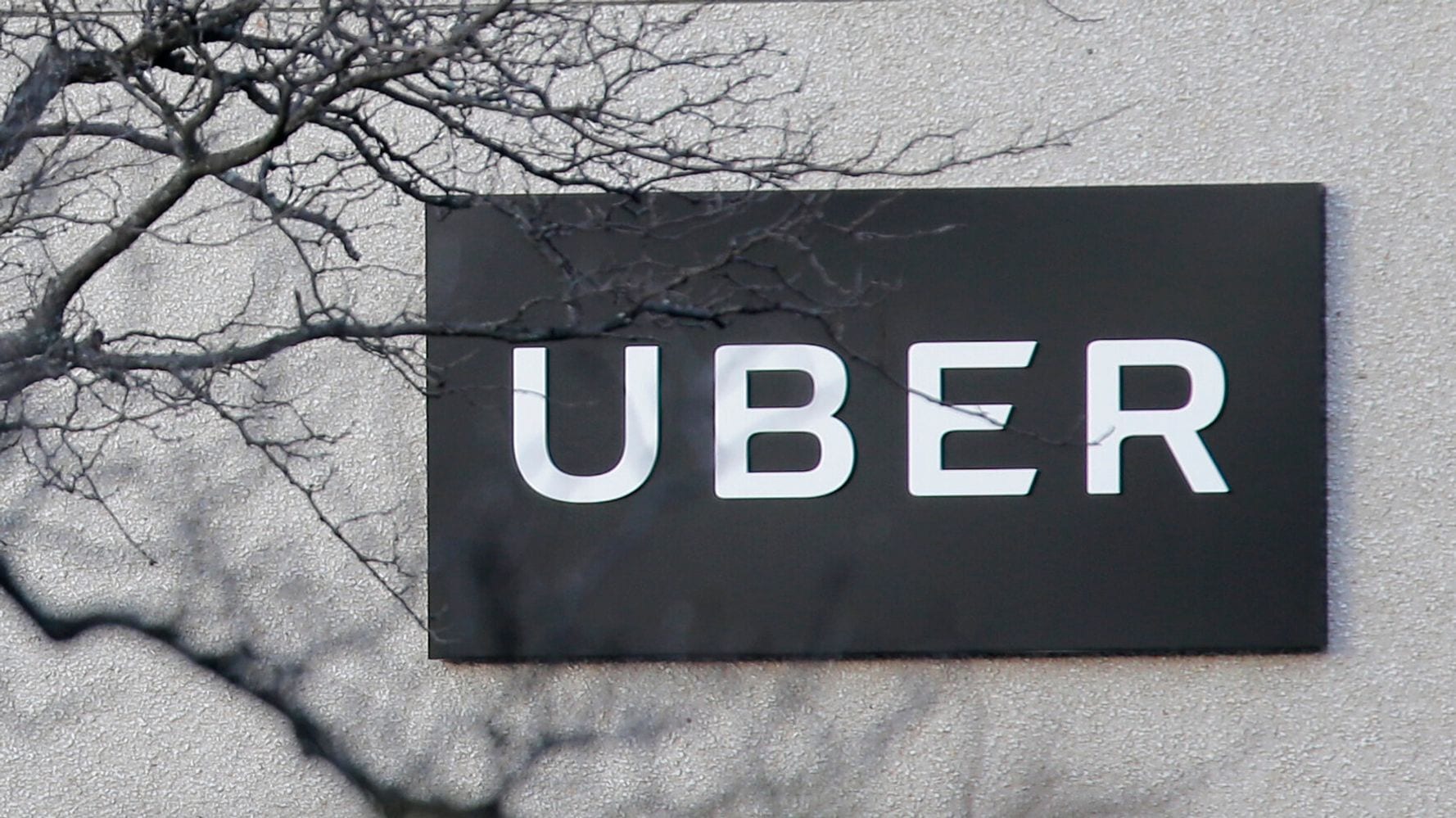[ad_1]

In late March, Elaine, 32, arrived at NewYork-Presbyterian Brooklyn Hospital deep in the throes of labor with her first baby, and was told that her husband would not be allowed in with her and that she must deliver alone.
Just hours before, the hospital had begun a controversial policy banning support partners from labor and delivery rooms to protect against COVID-19 — a policy that would later be reversed. She had heard about the possibility of such a policy on a Saturday, confirmed with her doctor that it was set to start on Sunday, and went into labor hours later — a week and a half before her due date.
Elaine, who requested that only her first name be used because she was sharing intimate details of her private birth experience, sobbed in the lobby as she left her increasingly frantic husband. She was joined in the elevator by another woman who had come in for a scheduled cesarean section, and who had also begged for her partner to be allowed upstairs. Elaine felt herself growing “hysterical” when she made it to labor and delivery, breathing through contractions on her own for long stretches of time in triage.
But that was not the hardest part of giving birth during the COVID-19 pandemic in New York City.
Elaine delivered a healthy baby boy with the help of a nurse, her own health care provider, and two other midwives she did not know, but who she said were so aghast at the hospital’s new policy of barring support partners they promised not to leave her side.
The hardest part came after.
“I was just … alone,” said Elaine, who experienced tearing and blood loss that left her dizzy and exhausted. “I had no idea what to do with this baby.”
Less than a week later, New York Gov. Andrew Cuomo announced an executive order that all women delivering in public and private hospitals must be allowed to have a partner or support person, reversing the policy that led Elaine to give birth alone. The decision was heralded as a win by local birth workers and thousands of expectant women and their partners, and set a precedent for other less hard-hit areas of the country to consider.
But in some hospitals in New York City — which now has well over 120,000 confirmed cases of COVID-19 and is the epicenter of the pandemic in America— those same partners are still being banned from postpartum units and recovery rooms by individual hospitals and hospital networks.
And critics of those hospital policies argue that the potential impact of separating new mothers and infants from fathers, partners and other support persons is just as harmful physically and emotionally.
“Hospitals are actively kicking people out within two hours after delivery, before the patient goes to postpartum recovery floor or unit,” said Jesse Pournaras, a Brooklyn-based labor and postpartum doula, who started a petition on Change.org to oppose policies that banned support partners from labor and delivery, which drew more than 600,000 electronic signatures.
Pournaras has started a second online petition urging hospitals to allow partners in postpartum units, which had more than 20,000 signatures as of Saturday morning.
“I do understand they want to limit people coming and going,” she said, “but it is vital that women have postpartum support.”
Hospitals that have set policies barring support partners from postpartum units and in recovery rooms post-C-section say they simply hope to keep moms, newborns and hospital staff safe. The website for the NewYork-Presbyterian network of hospitals, for example, acknowledged that its policy barring “visitors” from postpartum units will be painful for patients and their loved ones, but called it a “necessary step” to protect women and their babies. The hospital has not returned a request for comment.
But opponents of such policies say they put far more pressure on the nurses working in postpartum units to be available to moms, who need help with everything from feeding their babies to simply going to the bathroom. Under even the best of circumstances, the postpartum period is taxing, and the need for support and observation essential. Women are at their highest risk of postpartum hemorrhage, for example, immediately after delivery. And their experiences in the hospital can have a clear impact on their subsequent risk for mental health challenges like postpartum depression and anxiety.
“One-third of American women who go into labor and delivery will have a cesarean birth, which is major abdominal surgery. I can’t imagine any other situation where someone is sent into major surgery and then handed a dependent person to then take care of afterwards,” Pournaras said. “And to do that alone?”
She argued there are better ways to balance the challenges of keeping staff and patients safe in the face of COVID-19 and making sure exhausted postpartum women are not going it alone. Not all New York City hospitals are barring support partners soon after delivery.
“There are hospitals that are making it work,” Pournaras said. At NYU Langone, for example, women are allowed one visitor throughout labor, delivery and the postpartum period.
“They put on PPE and once they are with you, they stay with you for the duration,” she said. That does not simply mean they cannot leave the hospital; it means they cannot leave the room until the mother and baby are discharged — which is now a shorter period of time in many hospitals.
Yet even if that postpartum hospital stay is not particularly long, it can have a profound impact on women like Elaine, who has struggled in the weeks since her baby was born. She remembers her postpartum hospital stay in unhappy flashes.
The nurses did their very best to help her, Elaine said, but they were busy. She lost her sense of time while she was in the hospital, but believes she was alone for hours at a time — and when she was not, she felt guilty about paging her busy nurses to come in to help with things she would have happily leaned on her husband for. Like changing the baby’s first diaper. Or getting her food. (Elaine is a vegetarian, and the hospital did not have options for her, so she did not eat a full meal during her stay.) During her first long night as a mom, Elaine and her husband spoke via FaceTime, but he was not there to hold the baby. Elaine was bleary and frightened of the virus she knew was ravaging other parts of the hospital.
Part of her thinks the hospitals that are permitting support partners during birth but not after have got it wrong. Yes, she desperately wanted her husband with her during labor, but at least then she was surrounded by care providers. And she had a clear job: get her baby safely out. After, when Elaine was physically and emotionally drained — when she, as she put it “definitely started to go a little crazy” — that is when she needed a support person most of all.
“You’re still suffering through that postpartum period,” she said. “And then you’re really alone.”
Experts are still learning about the novel coronavirus. The information in this story is what was known or available as of press time, but it’s possible guidance around COVID-19 could change as scientists discover more about the virus. Please check the Centers for Disease Control and Prevention for the most updated recommendations.


















